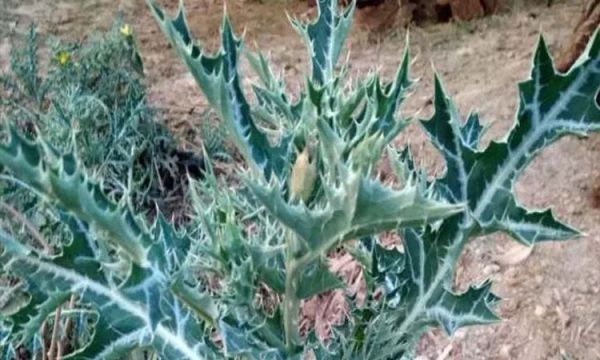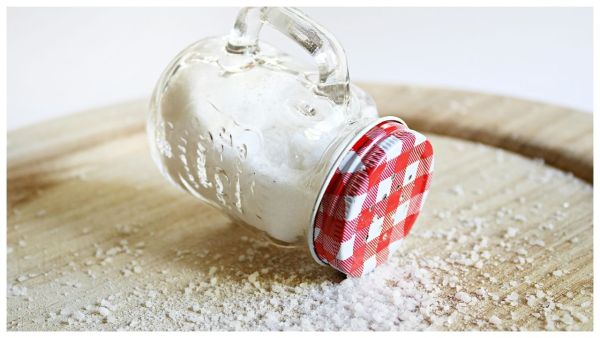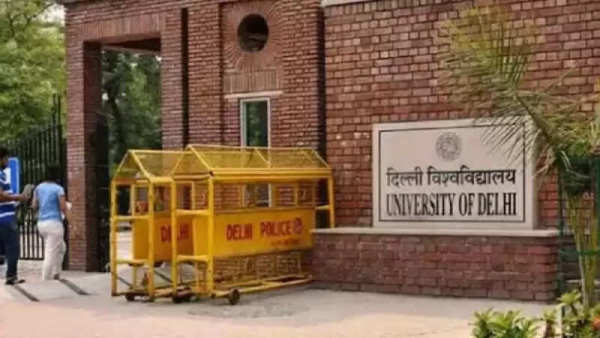5 vegetables you should avoid eating during the monsoon season
The monsoon season brings welcome relief from the summer heat but also increases the risk of foodborne illnesses due to high humidity and microbial growth. Vegetables that are usually nutritious can become potential health hazards if they trap moisture, spoil quickly, or attract pests. Paying attention to what you eat during this season is essential for preventing infections, indigestion, or food poisoning. Certain vegetables are particularly vulnerable to contamination and spoilage in the rainy climate. Here are five common vegetables you should avoid during the monsoon and the reasons why they may not be the best choice right now.
From Spinach to Mushrooms: Vegetables you should not eat during the monsoon season
Leafy Greens (Spinach, Lettuce, Cabbage)

Leafy greens are highly susceptible to fungal and bacterial contamination during monsoon due to their large surface area and moisture-retaining structure. Even thorough washing may not eliminate hidden germs and larvae. Eating them raw or half-cooked increases the risk of stomach infections and parasitic diseases. If consumed, these greens should be cooked well and eaten fresh.
Quick pointers:
Cauliflower and Broccoli

These cruciferous vegetables have tightly packed florets that trap moisture, mud, and insects, making them difficult to clean. The damp weather promotes the growth of mold and fungi inside the florets, which can lead to digestive discomfort or infections if consumed without proper disinfection and cooking. It’s best to replace them with lighter gourds during this season.
Quick pointers:
Brinjal

Brinjal tend to attract insects and fungal infections more during the monsoon. Their spongy texture absorbs moisture easily, increasing the chances of rot and toxin buildup. Spoiled brinjals can cause allergic reactions, nausea, or gastrointestinal issues. To be safe, avoid them unless they are visibly fresh and cooked immediately after purchase.
Quick pointers:
Capsicum (Bell Peppers)

Capsicum’s thin skin and high water content make it prone to quick spoilage in humid conditions. It is also vulnerable to fungal infections and soft rot, especially when stored at room temperature. If not properly cleaned and cooked, spoiled capsicum can lead to foodborne illnesses like nausea or diarrhea.
Quick pointers:
Mushrooms

Mushrooms are extremely delicate and absorb moisture quickly, making them highly perishable during the rainy season. If not stored and used immediately, they develop bacterial contamination and mold, which can cause serious stomach infections or food poisoning. It's safer to avoid mushrooms altogether in monsoon or consume only freshly bought, fully cooked ones.
Quick pointers:
From Spinach to Mushrooms: Vegetables you should not eat during the monsoon season
Leafy Greens (Spinach, Lettuce, Cabbage)

Leafy greens are highly susceptible to fungal and bacterial contamination during monsoon due to their large surface area and moisture-retaining structure. Even thorough washing may not eliminate hidden germs and larvae. Eating them raw or half-cooked increases the risk of stomach infections and parasitic diseases. If consumed, these greens should be cooked well and eaten fresh.
Quick pointers:
- Avoid raw consumption
- Wash thoroughly and cook well
- High risk of bacterial and parasitic contamination
Cauliflower and Broccoli

These cruciferous vegetables have tightly packed florets that trap moisture, mud, and insects, making them difficult to clean. The damp weather promotes the growth of mold and fungi inside the florets, which can lead to digestive discomfort or infections if consumed without proper disinfection and cooking. It’s best to replace them with lighter gourds during this season.
Quick pointers:
- Dense florets trap pests and bacteria
- Risk of fungal growth and mold
- Replace with bottle gourd or ridge gourd
Brinjal

Brinjal tend to attract insects and fungal infections more during the monsoon. Their spongy texture absorbs moisture easily, increasing the chances of rot and toxin buildup. Spoiled brinjals can cause allergic reactions, nausea, or gastrointestinal issues. To be safe, avoid them unless they are visibly fresh and cooked immediately after purchase.
Quick pointers:
- Prone to insect and fungal infestation
- Spoils quickly in damp conditions
- Cook immediately after buying if used
Capsicum (Bell Peppers)

Capsicum’s thin skin and high water content make it prone to quick spoilage in humid conditions. It is also vulnerable to fungal infections and soft rot, especially when stored at room temperature. If not properly cleaned and cooked, spoiled capsicum can lead to foodborne illnesses like nausea or diarrhea.
Quick pointers:
- Sensitive to humidity and spoilage
- Susceptible to soft rot and fungus
- Consume only if fresh and well-cooked
Mushrooms

Mushrooms are extremely delicate and absorb moisture quickly, making them highly perishable during the rainy season. If not stored and used immediately, they develop bacterial contamination and mold, which can cause serious stomach infections or food poisoning. It's safer to avoid mushrooms altogether in monsoon or consume only freshly bought, fully cooked ones.
Quick pointers:
- Highly perishable in damp weather
- Can develop bacteria and mold rapidly
- Use immediately or avoid during monsoon
Read more









